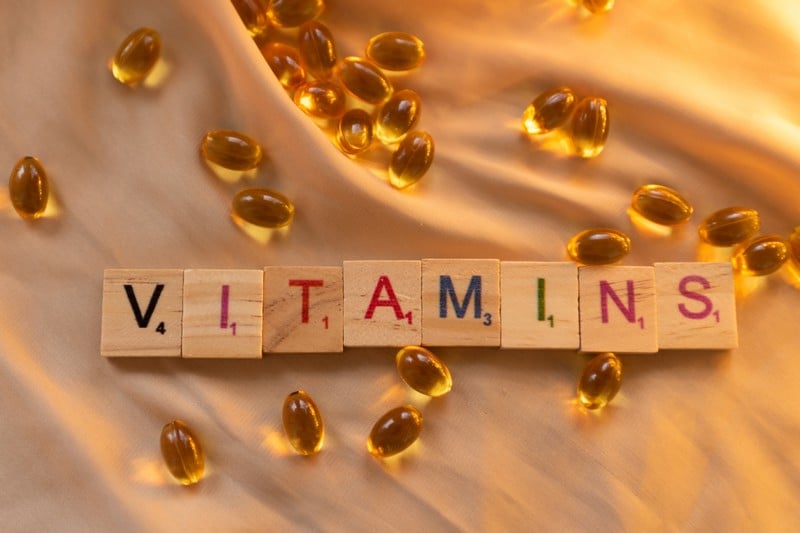Spirulina is not a new food. It’s been around since the Aztecs, and its nutritional value has long been known. This blue-green algae from the shallow lakes in Mexico was a staple in their diets, providing them with vitamins and minerals. Today, anyone can find it in health food stores across the U.S.
The list of spirulina benefits is extensive. It’s an energy booster that raises endurance levels, increases metabolism, reduces fatigue, and increases your body’s ability to deal with stress. Spirulina also boosts brain activity by increasing the amount of oxygen to your brain cells by 25 percent, so it’s great for students studying for their exams or anyone who wants to improve mental agility. It also contains vitamins B1 and B2 (riboflavin), which help prevent anemia and boost energy levels.
Let’s take a closer look at some of spirulina’s benefits and see how this superfood can help you improve your health.
Rich in Many Nutrients

The spirulina plant contains nutrients, minerals, and vitamins that benefit the human body. Spirulina is rich in iron. Iron helps red blood cells carry oxygen throughout the body. If you have an iron deficiency, your body will be unable to produce enough red blood cells, and your breath will smell like metal. Spirulina will help your body recover.
Spirulina is rich in calcium. Calcium is essential for strong bones, muscle contractions, and heartbeats. Insufficient calcium in the body can affect your muscle function, make your bones brittle and cause muscle or heart cramps. It can even lead to osteoporosis or osteopenia over time. Essentially, your bones could become weak due to a lack of calcium. Another benefit of consuming calcium through spirulina is that it helps with weight loss because calcium helps build lean muscle mass.










